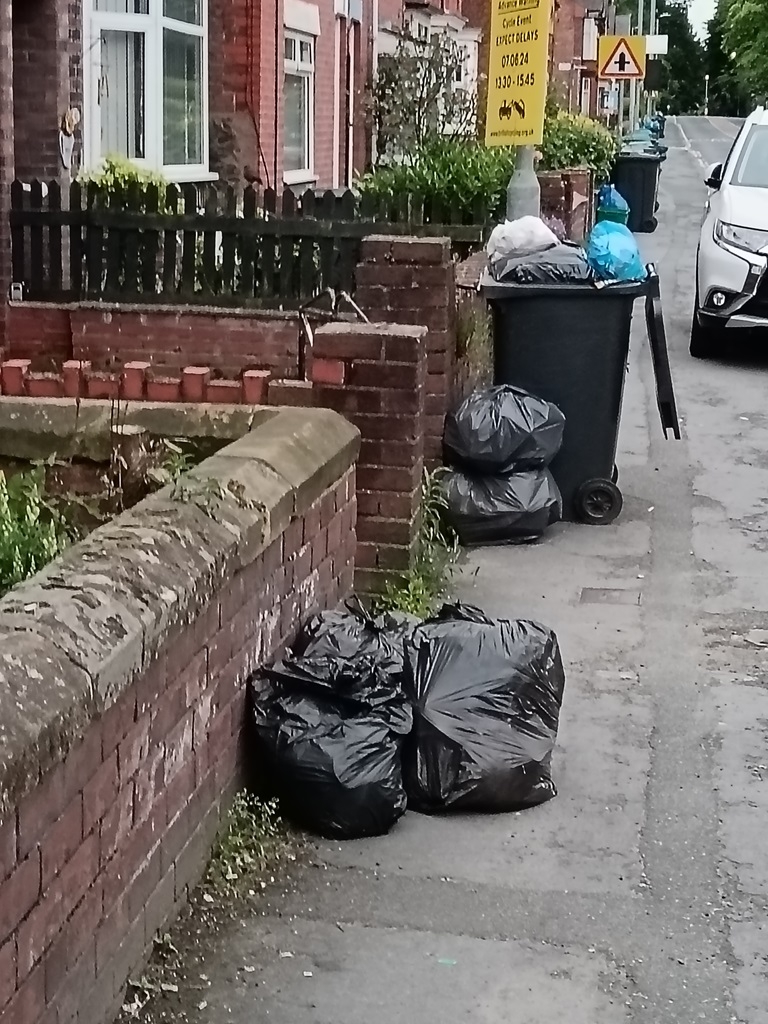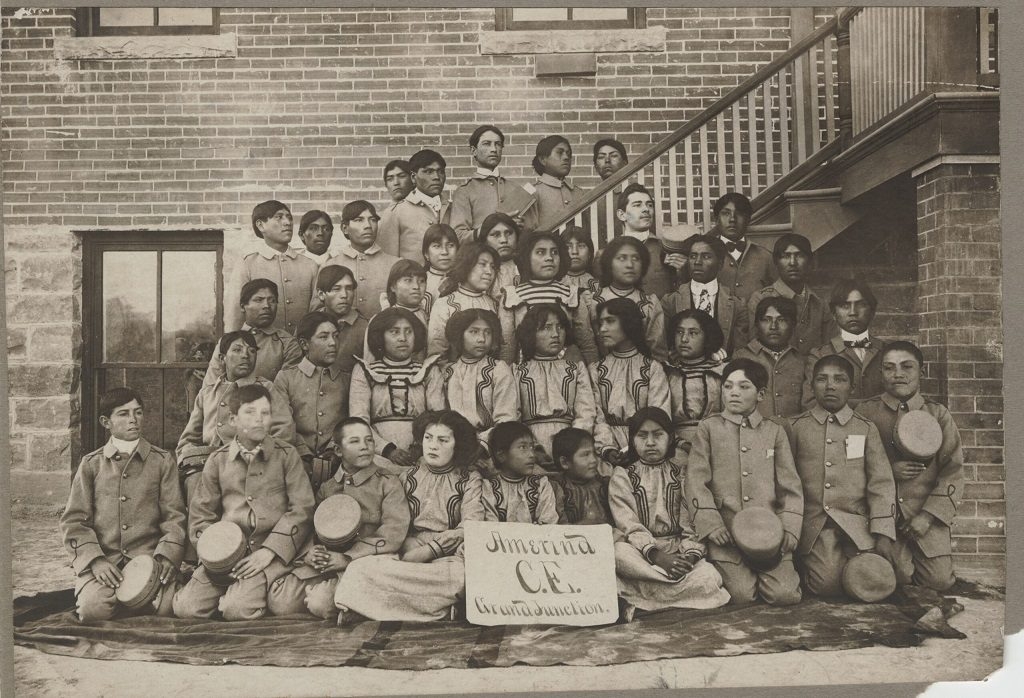
Having watched and read about investigations in to money laundering opportunities using ownership of clubs in the English Football League as a medium, and having personal experience of approaches by ‘fronts’ for persons unknown to buy the club over the nearly 10 years I acted as a Director at Wrexham AFC, the existence of this shady world holds no surprise to me.
In a video, The Men Who Sell Football, by Al Jazeera’s Investigative Unit, shows middlemen telling undercover reporters how they can hide a criminal’s money and identity behind offshore trusts and submit fraudulent due-diligence reports to English football authorities. It also shows how the same middlemen use “dirty tricks” and can obtain new passports for the criminals, hiding buyers’ money and identities behind offshore accounts to deceive the football authorities and the current owners of vulnerable football clubs.
As an example of the type of characters that have been involved in these practices, Tony Xia, who he helped buy Aston Villa for a reported $105m in 2016, was “a front” for other buyers – but still obtained EFL approval. In October 2019 Chinese authorities issued an arrest warrant for Xia and he was later detained for failing to repay loans by creditors in China worth tens of millions of dollars. He denies the charges and remains in custody pending the results of a police investigation.
Another one was Anton Zingarevich, the son of Russian tycoon Boris Zingarevich, who bought Reading Football Club in 2012 when in fact Anton didn’t actually have any money. Anton became the owner with his father gifting him the money to purchase the club to meet the EFL ownership criteria. History shows that Anton Zingarevich quickly ran out of money, he did not have the funds to sustain the club and Reading were relegated after just one season in the Premiership, and he sold up leaving Reading holding a large deficit that he’d run up with no money left to pay it. The club, now in a perilous state, which, in an ideal world, would have been prevented by an Owners’ and Directors’ Test that actually worked. Indeed, he has subsequently been investigated for allegedly embezzling £17million, for fraudulently using loans meant for his energy company to finance ice hockey club Atlant Moscow Oblast another of his sport club purchases. As a footnote, In 2004 a secretive Russian tycoon tried to buy Premier League club Everton using dubious offshore trusts. However, the deal fell through after the tycoon’s name, Boris Zingarevich, was leaked to the media. Small world, isn’t it?
Following on from the Al Jazeera in-depth exposé, the authorities at the English Football League (EFL) has launched a review of its Owners’ and Directors’ Test which purposely bans anybody with an unspent criminal conviction with a sentence of more than 12 months jail sentence from owning a football club that plays in their competitions. It can also require prospective club owners to produce “evidence of the ultimate source and sufficiency of funds” to buy and sustain a club. There is also a connection to company law regulation because breaches of the EFL regulations are also likely to involve breaches of domestic legislation on ownership of football clubs as a business concern.
There has been growing pressure on the EFL for independent regulation and reform of the football authorities’ financial regulation and governance, including ownership, from sources such as the interim report by the UK Government’s fan-led review of football governance launched after the breakaway fiasco in April 2021, after the announcement of a European Super League for 12 leading clubs, including six English clubs – Liverpool, Manchester City, Arsenal, Manchester United, Chelsea and Tottenham who had signed up to the breakaway league which was dropped after 48 hours. The fans believed that billionaire owners were treating English football as a money-making scheme and cutting clubs off from their communities.
However, the vulnerability of the English football system to funds from dubious origins and unsuitable owners for their clubs remains. At Wrexham, although obviously not (as yet) initially attractive to the oligarch type of buyer, as mentioned at the beginning of this article, we have seen some activity of this kind, but, luckily, or rather, by doing initial due diligence, we have not been put in such situations. Before the current owners of the club arrived on the scene, we did see approaches from oversea prospective buyers, but in each case, it never reached the stage of the Owners’ and Directors’ Test as close initial examination by the Club Directors either brought up issues, or the prospective buyers disappeared off the scene as soon as they arrived, either as a result of the scrutiny, or their understanding of how the club was structured. However, I am aware of incidences of clubs at our level suddenly receiving inward investment, usually from very creditable and legal sources, but others less so, with payments arriving from off shore sources. Regulation is needed at all levels, and the creation of a transparent investment structure for each club that can be held up to scrutiny is essential.
We have indeed been very lucky to have such famous, publicly available and beneficial new owners, and hopefully the processes and checks we went through before the takeover was approved by the former owners, the club’s fans, could be seen as a model for future such takeovers. Our Football clubs hold a particular place in the heart of us all, whether you are directly involved in your own club, or just understand the place they hold our history, heritage and community and they should be protected.
Once we lose control of them, they are very, very difficult to restore back to that we hold so dear.










